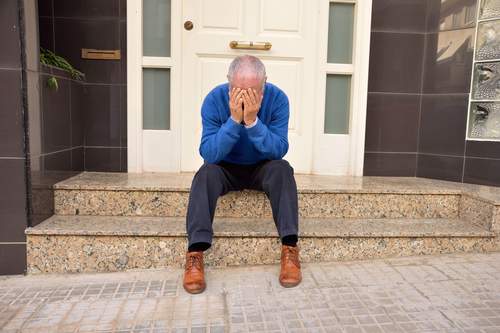
A retirement forecast suggests older renters may struggle as demographic and property market figures change over time.
Scottish Widows’ annual retirement report, the latest edition of which is issued this week, says that typically rent takes up between 60 and 70 per cent of retirement income in many parts of the country - worse still, in London it takes up well over 100 per cent meaning retired renters have to eat into savings or other sources of income.
Recently Hamptons lettings agency reported that after a decade of steady growth, the number of older renters is poised to increase rapidly over the next 10 years.
This means the number of households renting in England aged 65 and above will double by 2030 - that’s less than seven years from now. Today there are around 400,000 older households (over 65s) renting and this figure is set to pass the 1,000,000 mark in 2033.
Now the Scottish Widows report says that - renters and non-renters alike - some 35 per cent of older people may struggle to afford food and heating in retirement due to the current economic climate.
And of those people approaching retirement some 35 per cent may also expect to be struggling to live on their predicted income. Almost half of the people predicted to struggle in retirement expect to be still paying rent.
Looking in the longer term some 41 per cent of people currently in their 20s are heading for hardship in retirement, with an average retirement income of the equivalent of £10,000 expected among this group when they retire
The survey compares the retirement lifestyles within reach for different ages, ethnicities, genders and employment statuses, as well as zeroing in on underrepresented groups such as disabled people and the LGBTQ+ community.
Women are the worst off group - on average, they will receive a third less income in retirement than men.













%20-%20IMAGE%20Client%20Accounting%20%E2%80%93%20what%20are%20your%20options.jpg)





Join the conversation
Be the first to comment (please use the comment box below)
Please login to comment